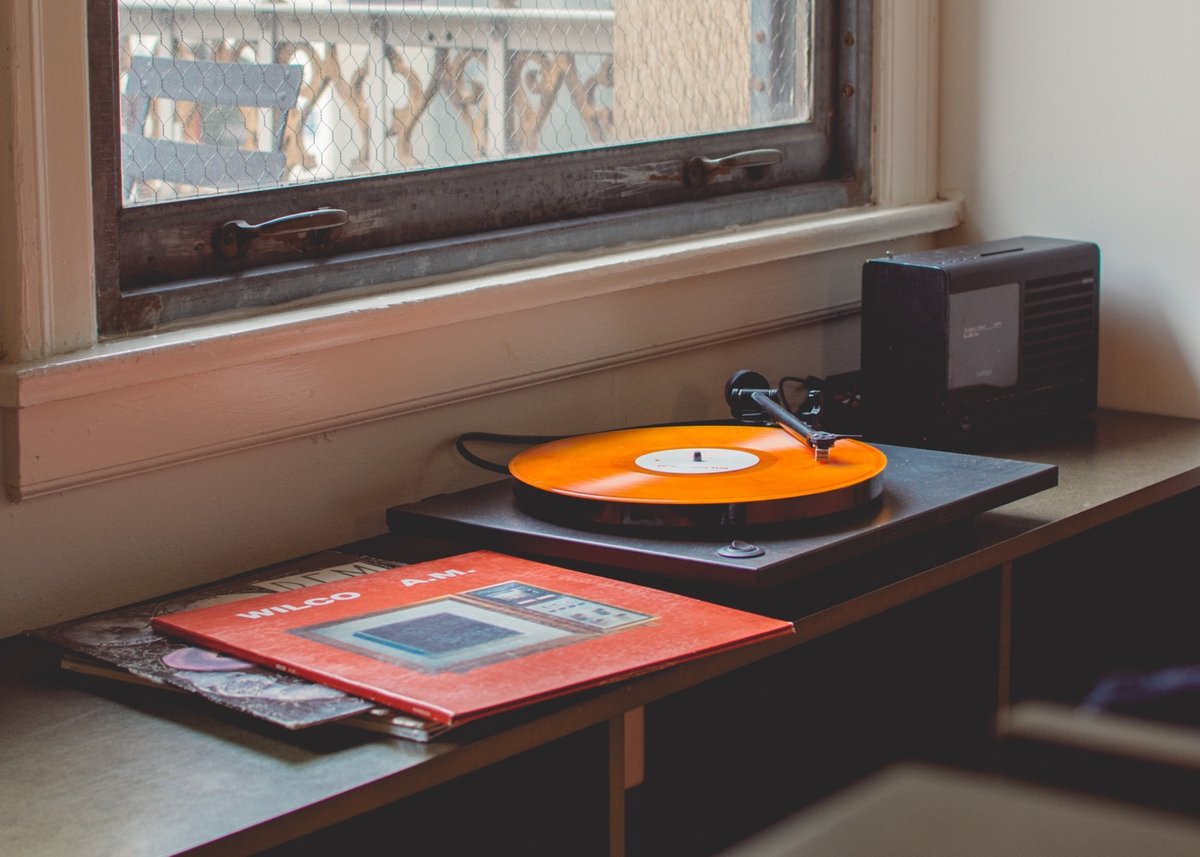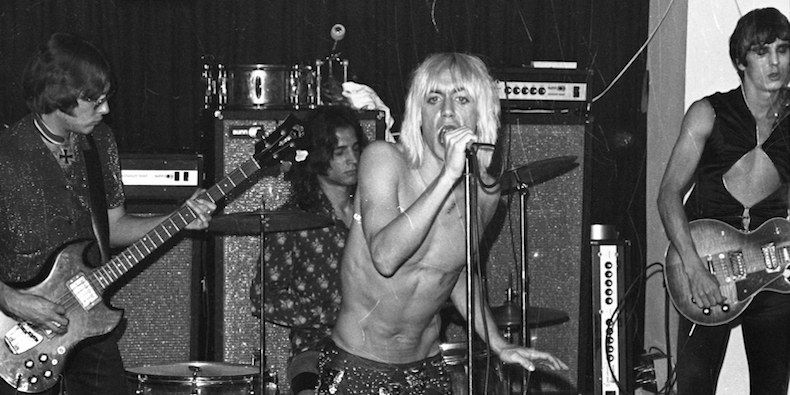
The Internet Archive is an absolute treasure with a gigantic task ahead of them. They have now set their sights on vinyl LPs and started the work of digitizing and archiving these recordings.
Earlier this year, the Internet Archive began working with the Boston Public Library (BPL) to digitize more than 100,000 audio recordings from their sound collection. The recordings exist in a variety of historical formats, including wax cylinders, 78 rpms, and LPs. They span musical genres including classical, pop, rock, and jazz, and contain obscure recordings like this album of music for baton twirlers , and this record of radio’s all-time greatest bloopers .
Since all of the information on an LP is printed, the digitization process must begin by cataloging data. High-resolution scans are taken of the cover art, the disc itself and any inserts or accompanying materials. The record label, year recorded, track list and other metadata are supplemented and cross-checked against various external databases.
The Archive is partnering with Innodata Knowledge Services, who digitize the LPs in their facility in Cebu, Philippines. Setting up and turning over every album by hand and recording each side at normal speed.
Once recorded, there is a large FLAC file for each side of the LP, which needs to be segmented so listeners can easily begin at the desired song. There are two different algorithms used for segmenting; the first one looks at images of the vinyl disc to locate gaps in its grooves, which usually line up with gaps between songs. A second algorithm listens to the audio file to find the silent spaces between songs. When these two algorithms align, our engineers have a good measure of confidence that the machine has found the proper tracks.
When word came out shortly after Prince’s death that his estate was looking for an archivist, I briefly imagined the position to be like a Prince librarian: documenting papers, facilitating research, etc. Now, maybe some of that stuff is also happening, but the main job of Prince’s archivist Michael Howe so far seems to be facilitating new musical releases from the huge amount of recorded material from over four decades that Prince left at the time of his death. Which is understandable, if less exciting to a nerd like me.
Schkopi.com has an interview with Howe, discussing the forthcoming release of “Originals,” an album of demo material and other recordings of Prince’s original songs which were first officially released as covers by other artists. It’s in French, but there’s some good stuff in there about the process of selecting songs for release, narrowing the album’s focus to concentrate on the 1980s, and dealing with the fact that these songs have been circulating as bootlegs among Prince superfans for years.
Here’s a short section, translated pretty capably by Google Chrome:
We decided to release this record because we think it is of quality and that Prince would have been proud of it. Our primary goal is to release albums that honor his work, and complete his official discography. We want to come out with the values of respect we owe him and the integrity that was his. Open all valves would not be a responsible act and would not meet these requirements. And even if we wanted to do it, there are so many contractual, legal and legal restrictions with the different labels that would condition what could come out, how and when. It is not that simple. We can not say “oh yes, here’s a good idea, let’s do it”.
We know that Prince was very prolific in the 80s and that many songs of this era are in the trunk. The number of unpublished songs found on the net for the following years is gradually decreasing. Was he just as prolific in the studio in the second half of the 90s and the 2000s?
He did not stop working throughout his career and he was extremely prolific during those 40 years. Even during the last third of his life, and if it was not with the same frequency, he was in the same state of mind as in the 80s and 90s.
Hence the likelihood of more archival releases to come.

Strictly speaking, there are plenty of live recordings of Iggy Pop playing with The Stooges. They’re just all bootlegs. And mostly, not very good ones.
Most vintage Stooges concert recordings sound too awful to interest more than hardcore fans, because incredible performances are sunk in a swamp of low fidelity. Adding insult to injury, all the horrible bootleg covers with cheap fonts make the band look like camp horror rock better at chest cutting than songwriting, which undermines the band’s legacy as visionary rock ‘n’ rollers who set trends for decades. As one fan’s friend put it while listening to a bootleg: “[W]hy does everything you have by Iggy Pop sound like it was recorded up someone’s ass?”
For Longreads (and it is a long read), Aaron Gilbreath writes about a lost live Iggy and the Stooges album that was contracted to be recorded in 1973. However, the label decided never to release the album — and may have never recorded the concert at all.
Gilbreath’s essay turns into a kind of meditation on lost albums: recordings hidden in the archives, that sometimes are rediscovered, and sometimes are never found.
A live 1957 recording of John Coltrane and Thelonious Monk sat in the Library of Congress’s archives unnoticed for 48 years, before the library’s Magnetic Recording Laboratory supervisor Larry Appelbaum found it. For 60 years , Verve stored a live recording of Ella Fitzgerald performing at Zardi’s Jazzland in Hollywood, before releasing it in 2017 just after what would have been her 100th birthday. In 2017, a DJ and music historian named Amir Abdullah helped unearth a pristine radio broadcast of Charles Mingus playing a Detroit gallery in 1973. Reels containing previously unknown early live recordings of jazz guitar giant Wes Montgomery sat for decades in peoples’ houses, falling apart.
The demo cassettes for Jimi Hendrix’s Black Gold Suite album project, thought lost for decades, or possibly stolen, were simply sitting in drummer Mitch Mitchell’s house, sealed with Jimi’s headband.
I have less hope for this lost Stooges album, though. Too many people who were in a position to know suggest that it just never happened. Oh well. At least we’ve got bootlegs that were shoved up someone’s ass.







Stay Connected